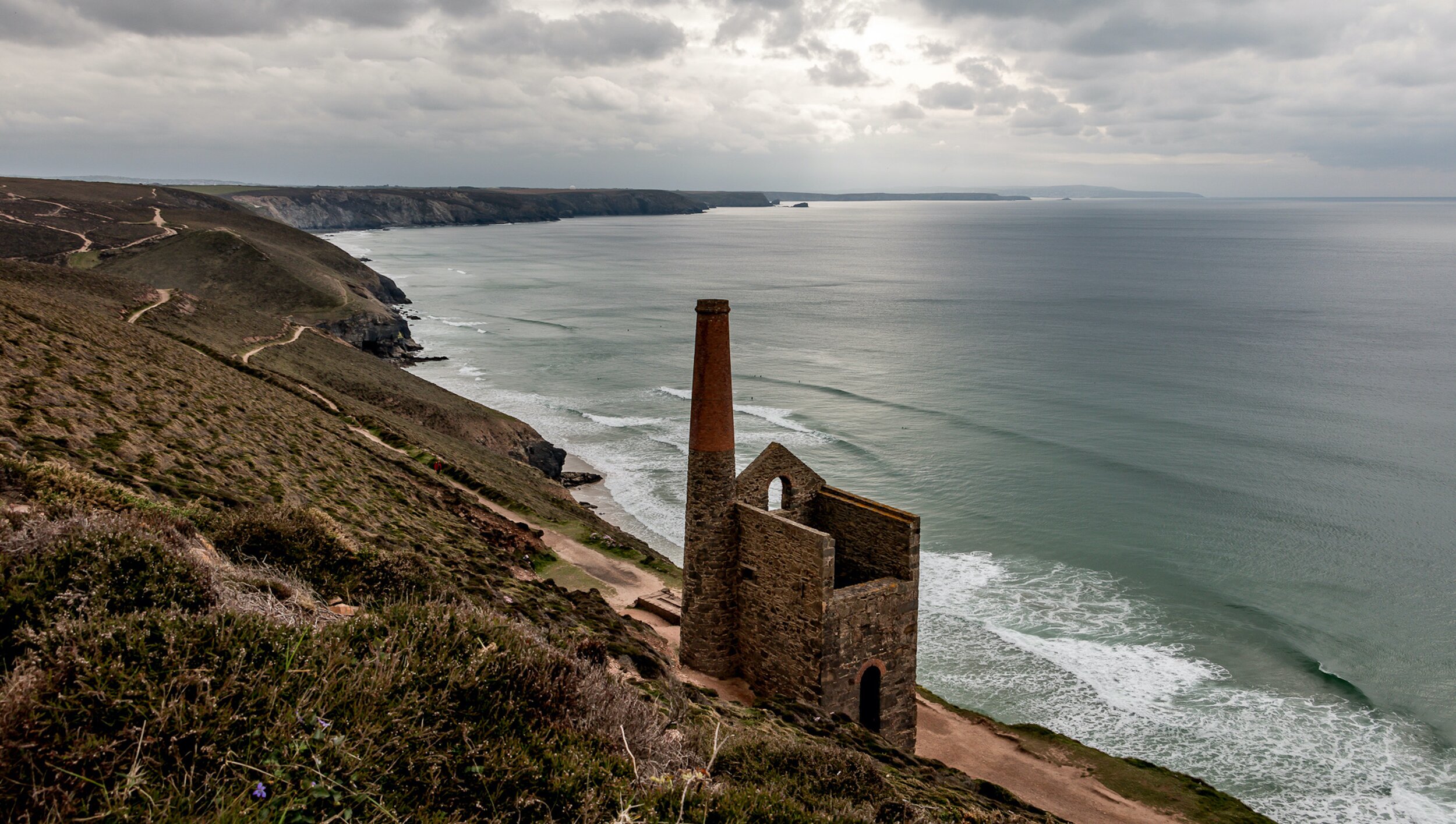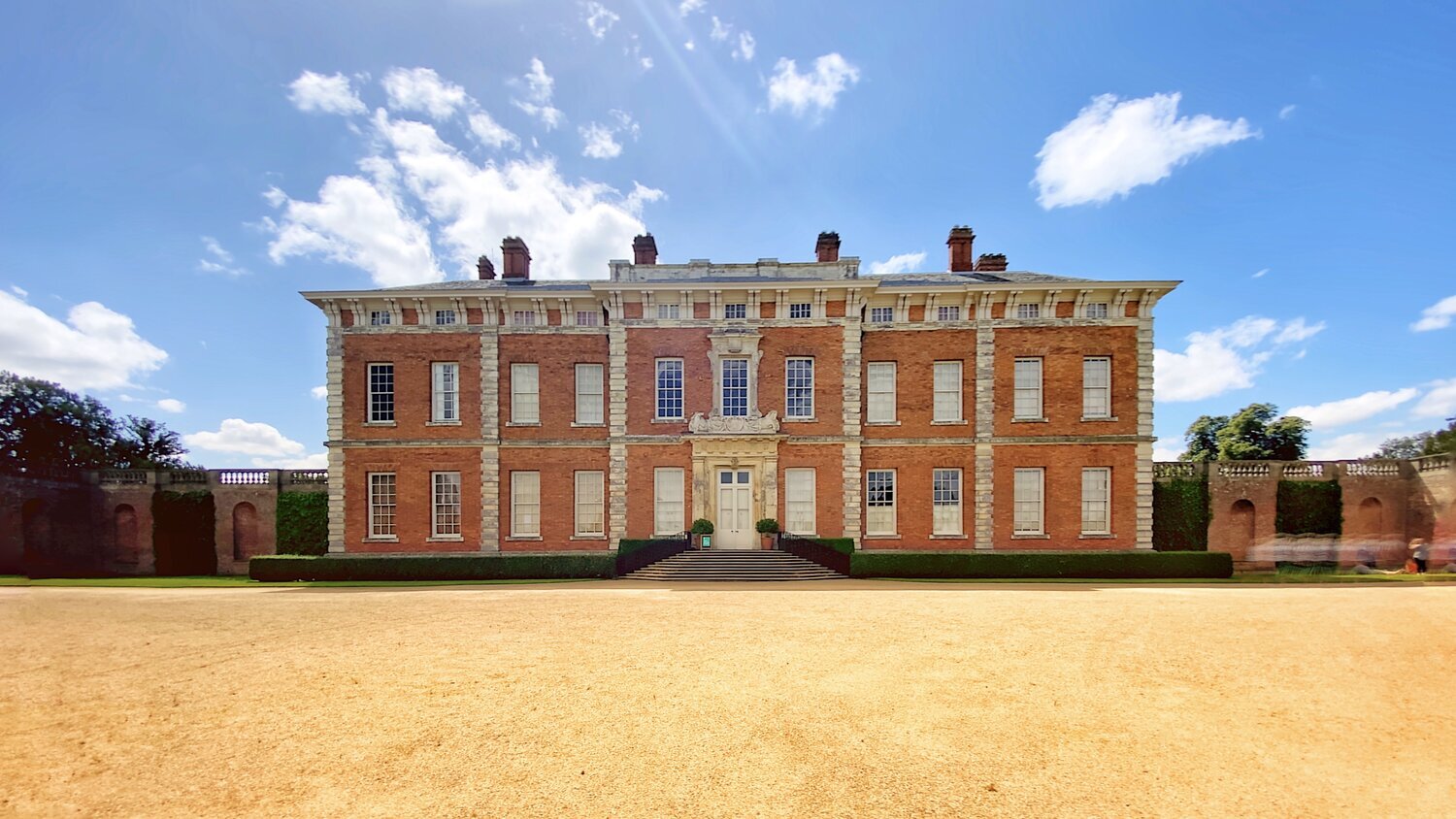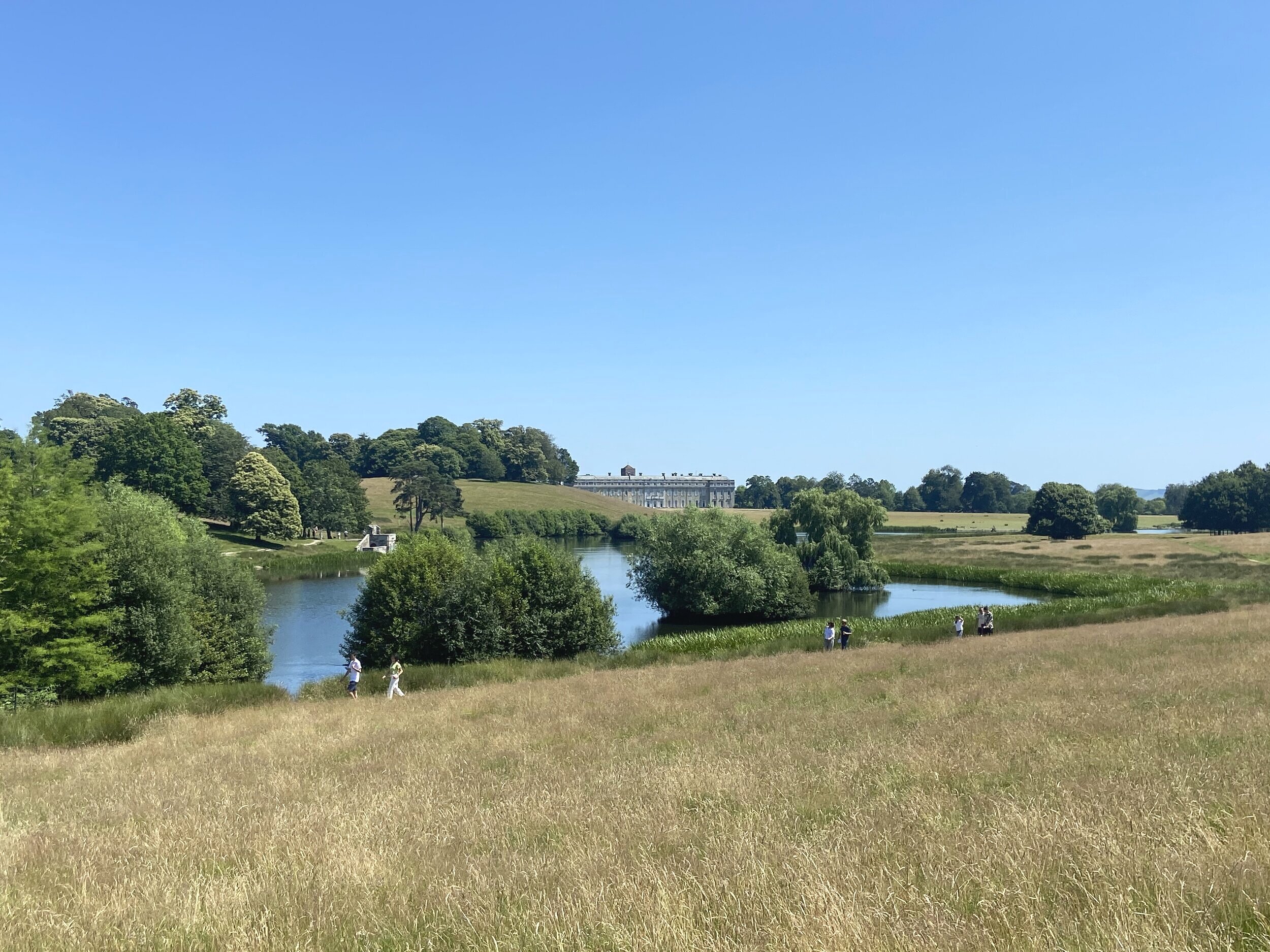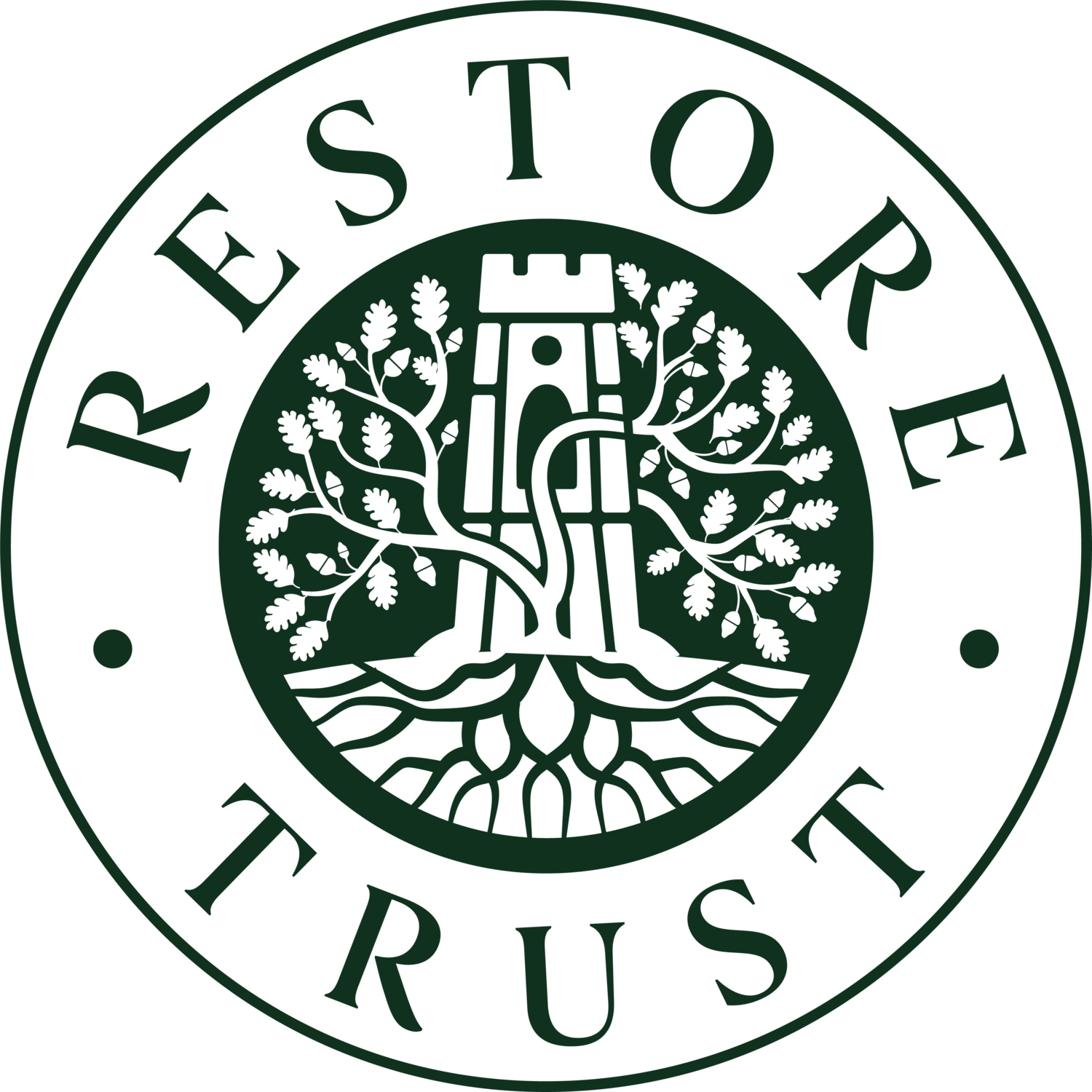
What is the National Trust?
The National Trust for Places of Historic Interest or Natural Beauty, commonly known as ‘the National Trust’, is a charity and membership organisation for heritage conservation in England, Wales and Northern Ireland. In Scotland, there is a separate and independent National Trust for Scotland.
The National Trust was founded in 1895 by Octavia Hill, Sir Robert Hunter and Hardwicke Rawnsley to "promote the permanent preservation for the benefit of the Nation of lands and tenements (including buildings) of beauty or historic interest". Acts of Parliament were passed from 1907 onwards which gave it statutory powers. The Trust began by acquiring land by gift and sometimes by public subscription and appeal, but after the Second World War many country houses were acquired either by gift from the former owners, or through the National Land Fund. In addition to country houses and estates, the National Trust is also responsible for the care of wild landscapes such as in the Lake District and Peak District. The National Trust also takes care of smaller houses, rural buildings and even such modest properties as back-to-back houses in Birmingham and a terraced house in London.
The National Trust owns over 248,000 hectares (610,000 acres) of land and 780 miles of coast, which makes it one of the largest landowners in the United Kingdom. Its properties include over 500 historic houses, castles, archaeological and industrial monuments, gardens, parks and nature reserves. Most properties are open to the public for a charge (members have free entry), while open spaces are free to all. The Trust has an annual income of over £630 million, largely from membership subscriptions, donations and legacies, investments, entrance fees to properties, and profits from its shops and restaurants. It also receives grants from organisations including other charities, government departments, local authorities and the National Heritage Lottery Fund.

The National Trust & politics
Recent activities by the leadership at the National Trust have been subject of debates in both Houses of Parliament, and even more worryingly, an investigation by the Charities Commission.
Read more…
Curators at the National Trust: a recent history
Historically it has been agreed that the Trust must be independent of government or political interference in all its decision-making to best protect its properties.
What’s changed?
The National Trust Acts of Parliament
The first National Trust Act was passed by Parliament in 1907. A number of successive Acts have since been introduced to update and revise the constitution to ensure the charity remains true to its original purpose.
The National Trust’s volunteers
Volunteer numbers in the National Trust have declined sharply since 2020, despite efforts to recruit more volunteers.




